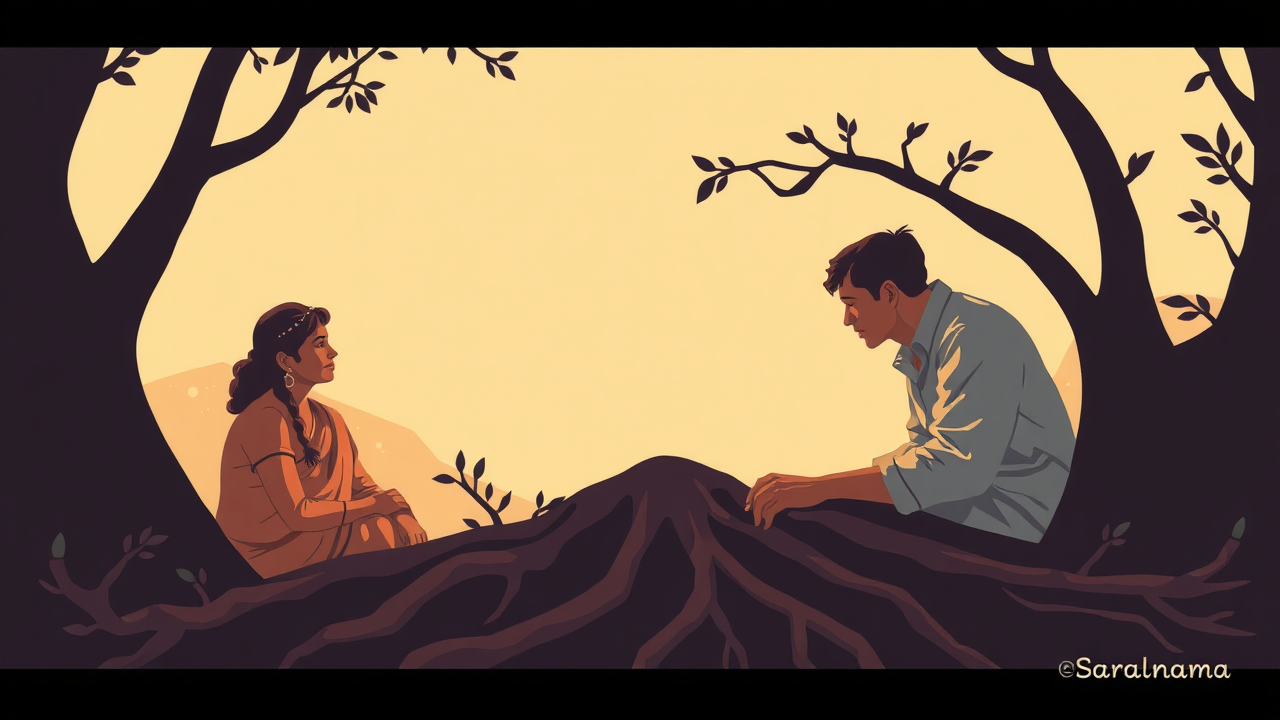Zohran Mamdani, the newly elected mayor of New York, celebrated his victory by walking out to the Bollywood song Dhoom Machale from the 2004 film Dhoom. The 34-year-old Democrat won a tight three-way race against former governor Andrew Cuomo and Republican Curtis Sliwa. His campaign was deeply influenced by Bollywood, featuring Hindi videos, classic film dialogues, and posters inspired by vintage Indian cinema. Zohran is the son of filmmaker Mira Nair, known for films like Salaam Bombay! and The Namesake, and academic Mahmood Mamdani. He played creative roles in his mother's projects, including casting advice for The Namesake and working on Queen of Katwe. His unique 'filmy' approach to politics resonated with voters, blending cultural identity with campaign strategy. Director Zoya Akhtar congratulated him, highlighting the moment as a testament to Bollywood's soft power in global politics.

Deep Roots in Indian Cinema and Family Legacy
Zohran's connection to Indian cinema extends beyond campaign theatrics. His mother, Mira Nair, is an acclaimed filmmaker behind globally recognized works like Salaam Bombay! (1988), Monsoon Wedding (2001), and The Namesake (2006). His father, Mahmood Mamdani, is a distinguished academic whose work examines colonialism and identity. The couple met while Nair was scouting locations for Mississippi Masala (1991), a film exploring Indians expelled from Uganda. Zohran influenced key decisions in his mother's career, including convincing her to direct The Namesake instead of a Harry Potter film and recommending Kal Penn for the lead role. He also worked on Queen of Katwe as third assistant director and music supervisor, appearing briefly on screen and performing a rap track.
Bollywood Strategy Defined His Campaign
Throughout his campaign, Zohran embraced Bollywood to connect with voters. He posted videos in Hindi, recreated Amitabh Bachchan's iconic Deewar (1975) dialogue, and used scenes from Om Shanti Om (2007) and Karz (1980) to explain ranked-choice voting. His campaign visuals mirrored retro Bollywood posters with vibrant colors and bold typography. Designer Aneesh Bhoopathy explained that Zohran wanted expressive fonts reflecting his South Asian identity. His speeches often began with 'Bhai aur behnon,' adding a filmy touch to New York politics. Following his win, director Zoya Akhtar congratulated him on Instagram, which Mira Nair proudly reshared. His victory celebration with Dhoom Machale symbolized how Indian cinema's soft power extends beyond entertainment into politics.
Source: Link
